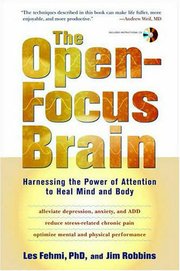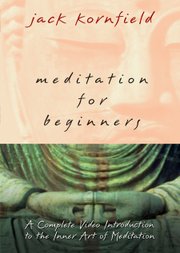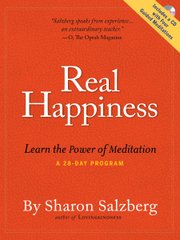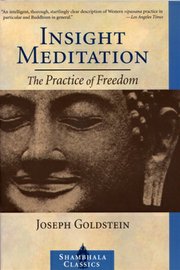Wednesday, March 20, 2013
Meditation is a great way to recognize and control negative emotions. Photo by Flickr/Kashirin Nickolai
In our rush to meet deadlines, take care of our families and get stuff done, finding the time to do nothing may seem counter-intuitive. The research is piling up, though, proving that our brains and bodies crave quiet time to slow down and be still. It is just not possible to multi-task our way to calm.
When we hear "meditation," some of us imagine Buddhist monks sitting for hours with eyes closed and legs crossed. But meditation requires neither twisting your knees nor subscribing to an Eastern religion. Numerous types of non-spiritual meditations are available to people who want to explore its benefits, and most do not require a large investment of time.
Contemplative practices can make a huge impact on our ability to handle everyday stressors, from budgets to traffic jams. Physicians advocate meditation to ease tension and the health problems that come with it. It's also a way to make lasting changes. When we dial down our activity enough to see how we react to stimuli and examine those reactions without judgment, we can act purposefully--mindfully--instead of thoughtlessly and automatically. Recognizing our reactions provides a doorway to changing our responses and can result in seeing the world in entirely new ways.
"For me, the most obvious benefit has been that I'm able to be aware of what my mind is doing and where it is going when I'm in a situation where it could be very stressful or where there's potential for anxiety or impatience," says Daniel Irby, who has been practicing meditation since 2007. Being aware loosens the grip of strong emotions such as anger and fear, he says. It isn't that Irby doesn't experience such emotions, but "I don't get caught up in it," he says.
Even though Irby is a Buddhist, he says the benefits of meditation extend far beyond his faith. What all methods of meditation have in common is that you must slow down long enough to pay attention to what's happening right now. That is harder than it sounds, and it's easy to get distracted. Still, the effort pays off.
Meditation usually starts with noticing and slowing the breath. Some teachers recommend closing your eyes; others have practitioners concentrating on a single point, such as a candle flame, or listening to soothing music or a guide. Regardless, the goal is the same.
"In general, it is waking up to the present moment, becoming aware of what's actually happening right now, as opposed to what you're afraid might happen in a few minutes or what you regret having done the day before," Irby says.
Meditation Station
Jackson offers several ways to explore meditation. Local yoga studios often feature meditation classes. Millsaps College offers classes through its non-credit community enrichment series (millsaps.edu/news_events/enrichment_series.php). The folks at Rainbow Computer Co-op meet Sundays for meditation and fellowship for an hour from 10-11 a.m. It's free to join. Call 601-981-6925.
Irby's Zen Buddhist group meets at a meditation dojo (literally, "place of the way") just off Old Canton Road at Interstate 55, and he offers an orientation for newcomers on third Sundays at 9:30 a.m. Email him at [email protected]. The dojo also offers other types of secular meditation. Call Bebe Wolfe at 601-982-0402 or Katy White at 601-853-6142.
Further Reading





